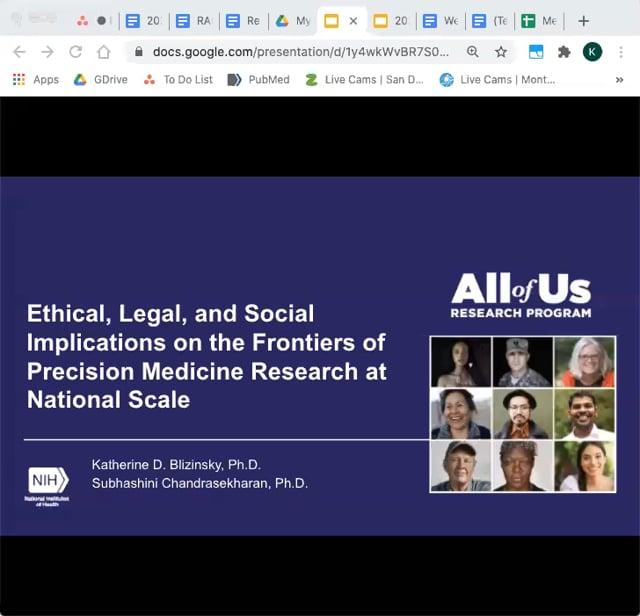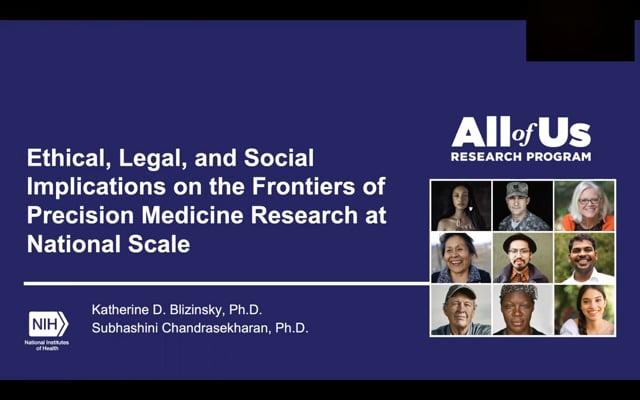Democratic approaches to precision medicine and genetics research: comparing inclusiveness and effectiveness of PPI practices to the pursuit of the public good
Ilaria Galasso, PhD - University College Dublin
ELSIconversations - March 5, 2021
In this paper we scrutinize emerging public involvement practices as a response to the major ELSI challenges around precision medicine and genetics research. Many concerns, barriers and unfulfilled potentials for benefiting individuals and populations remain around the growing variety of existing genetics initiatives. At the same time, the emerging phenomenon of Public and Patient Involvement (PPI) has potential to lead the way to a more democratic approach that could facilitate harnessing genetics innovation to the equitable pursuit of the public good by letting the concerned actors themselves express their interests and needs. We analyse and compare, through secondary data analysis and interviews, leading genetics initiatives including national research cohorts such as the All of Us Research Program in the US and the 100,000 Genomes Project in the UK; and consumer genetic testing companies such as 23andMe, AncestryDNA, MyHeritage. We focus specifically on the variety of PPI practices made available by or raised around them, and argue that two aspects of PPI are crucial for a democratic approach with equitable capacities in genetics research: inclusiveness (the actual inclusion in the decision making of all social groups, including minorities) and effectiveness (the actual capacity to translate deliberation into action, as opposite to tokenism). We scrutinize these aspects across different PPI practices – differentiable along different vectors – by aiming to promote the approaches, or combinations of approaches, that are most suitable to overcome existing challenges and foster equitable outcomes in genetics research.
Tags
Videos in Series
-
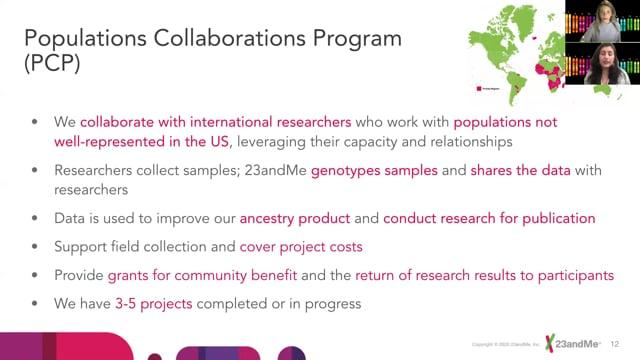
ELSIconversations 1: ELSIcon2020 - A Prospectus on Ethical Issues in the Context of Collaborations Between Academic and Non-academic Institutions on Genetics Research
-
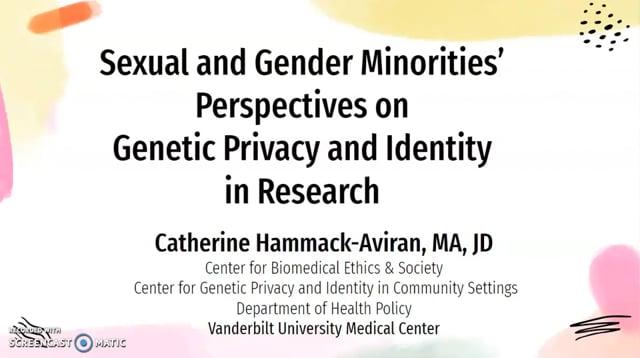
ELSIconversations 1: ELSIcon2020 - Sexual and Gender Minorities’ Perspectives on Genetic Privacy and Identity in Research
-
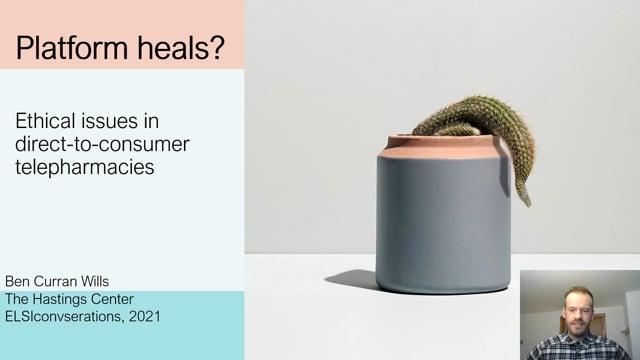
ELSIconversations 1: ELSIcon2020 - Platform Heals? Ethical Issues in Direct-to-consumer Telepharmacies
-
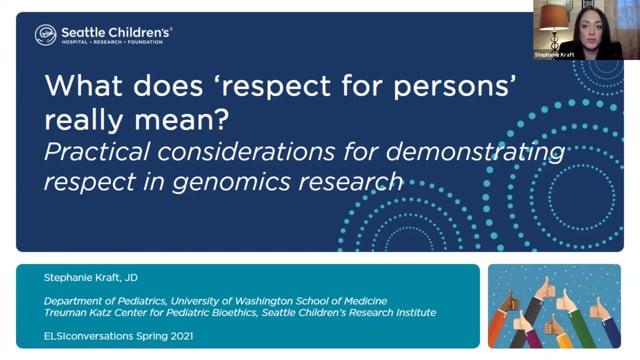
ELSIconversations 1: ELSIcon2020 - What does ‘respect for persons’ really mean? Practical considerations for demonstrating respect in genomics research
-
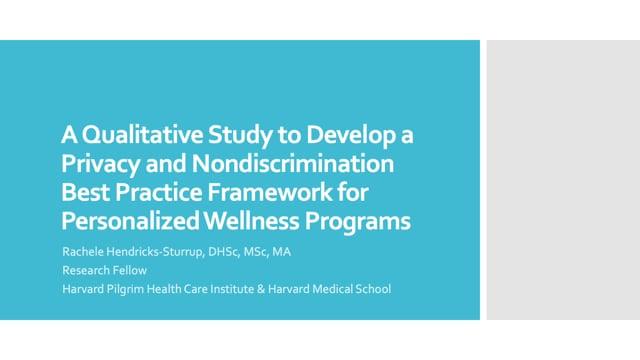
ELSIconversations 1: ELSIcon2020 - A Qualitative Study to Develop a Privacy and Nondiscrimination Best Practice Framework for Personalized Wellness Programs
-
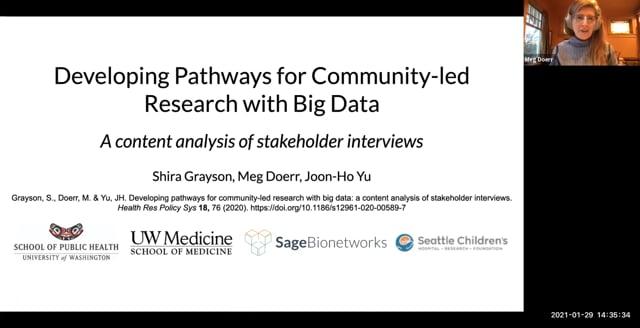
ELSIconversations 1: ELSIcon2020 - Developing Pathways for Community-led Research with Big Data: A Content Analysis of Stakeholder Interviews
-
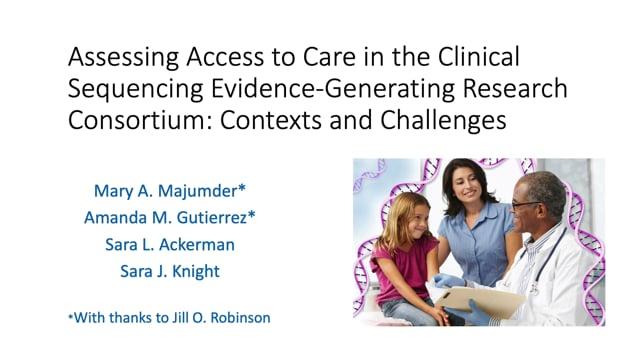
ELSIconversations 1: ELSIcon2020 - Part 1. Assessing Access to Care in the Clinical Sequencing Evidence-Generating Research Consortium: Contexts and Challenges
-

ELSIconversations 1: ELSIcon2020 - Which Public, What Comments? An Analysis of Public Comments on Human-Animal Chimera Research Submitted to the National Institutes of Health
-
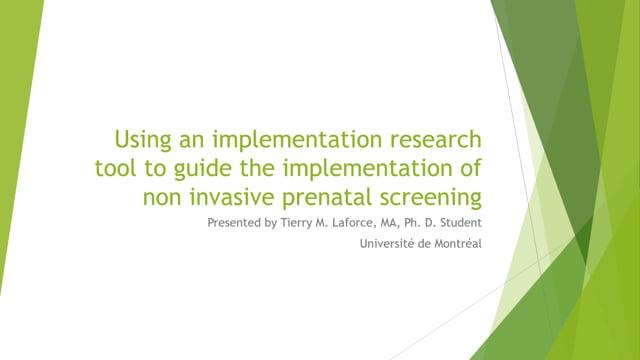
ELSIconversations 1: ELSIcon2020 - Using an implementation research tool to guide the implementation of non-invasive prenatal screening
-
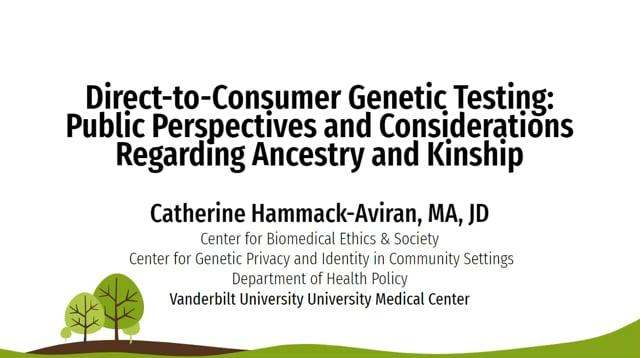
ELSIconversations 1: ELSIcon2020 - Direct-to-Consumer Genetic Testing: Public Perspectives and Considerations Regarding Ancestry and Kinship
-
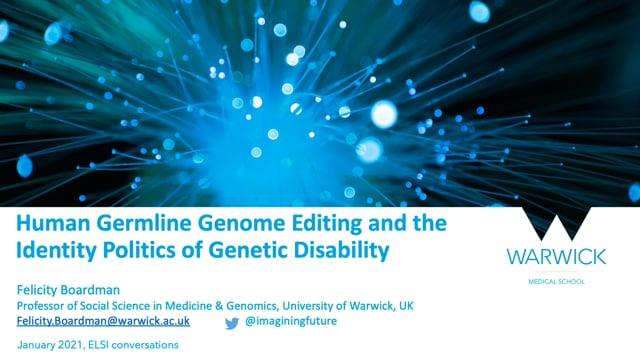
ELSIconversations 1: ELSIcon2020 - Human Germline Genome Editing and the Identity Politics of Genetic Disability
-
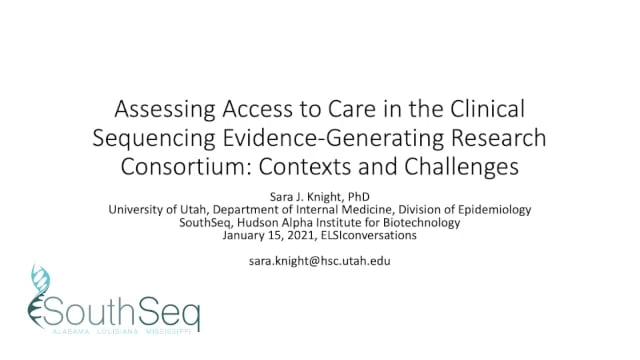
ELSIconversations 1: ELSIcon2020 - Part 4. Assessing Access to Care in the Clinical Sequencing Evidence-Generating Research Consortium: Contexts and Challenges
-
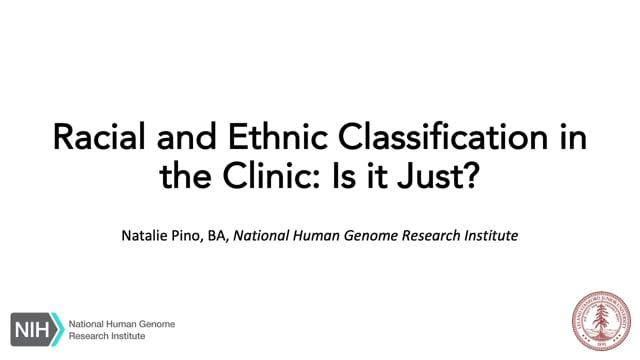
ELSIconversations 1: ELSIcon2020 - Racial and Ethnic Classification in the Clinic: Is it Just?
-
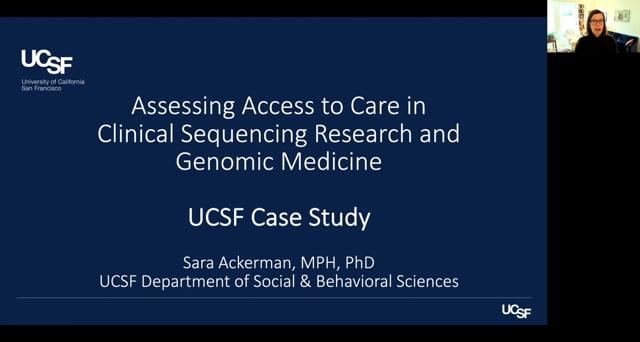
ELSIconversations 1: ELSIcon2020 - Part 3. Assessing Access to Care in the Clinical Sequencing Evidence-Generating Research Consortium: Contexts and Challenges
-
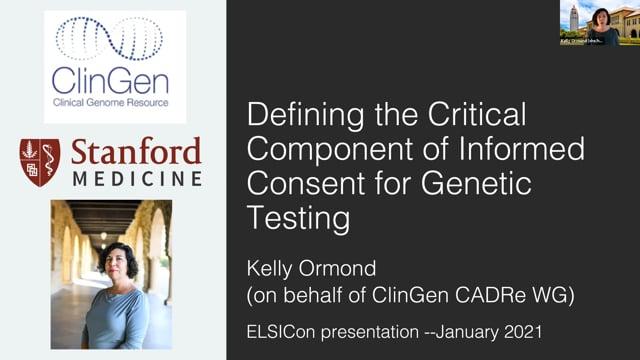
ELSIconversations 1: ELSIcon2020 - Defining the Critical Components of Informed Consent for Genetic Testing
-
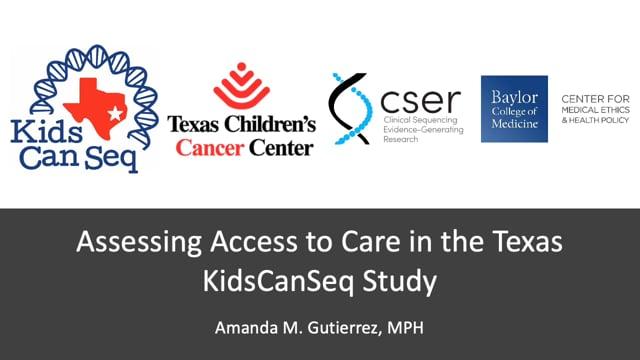
ELSIconversations 1: ELSIcon2020 - Part 2. Assessing Access to Care in the Clinical Sequencing Evidence-Generating Research Consortium: Contexts and Challenges
-
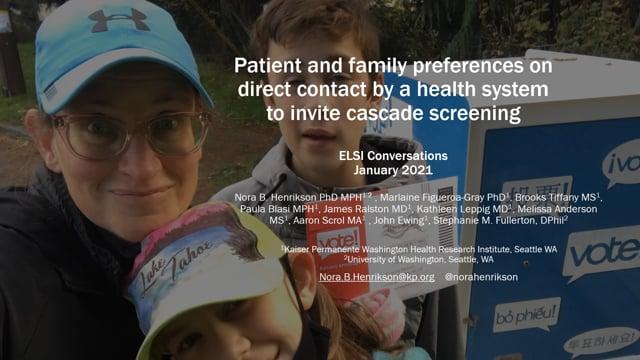
ELSIconversations 1: ELSIcon2020 - Patient and family preferences on direct contact by a health system to invite cascade screening

